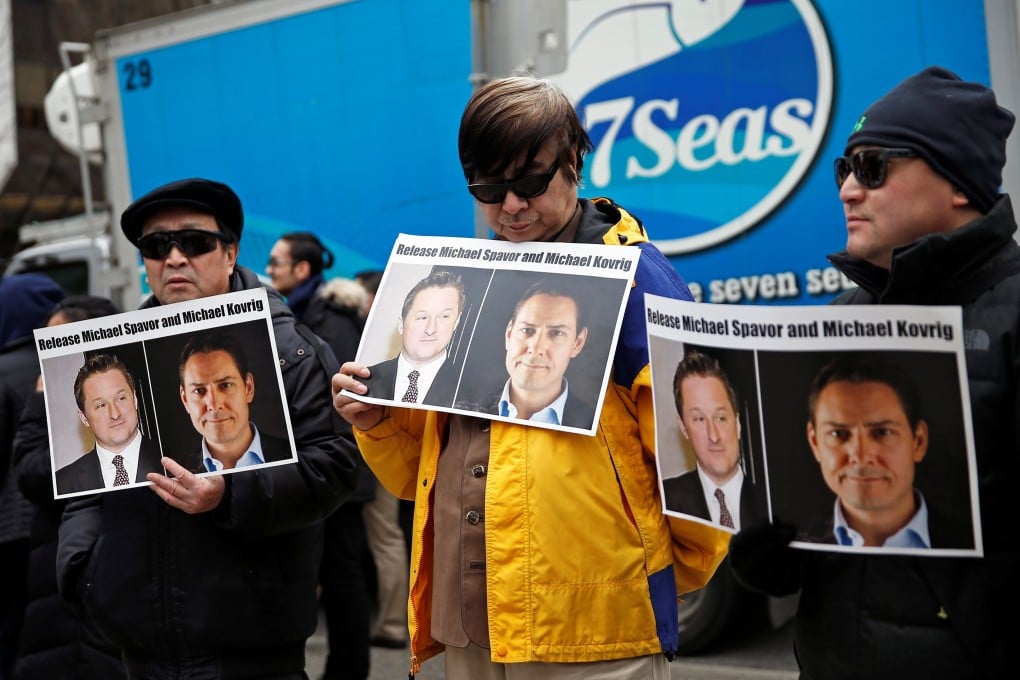Opinion | Canada’s duty lies in freeing Kovrig and Spavor from China. This means letting Meng go
- The suffering of the two Canadians, in detention since December 2018, makes a powerful case for Ottawa to prize pragmatism and sympathy over politics
- Should Canada choose to, a sound legal case can be made for the release of the Huawei executive wanted by a US determined to blunt China’s tech challenge

I worked closely with Kovrig after he moved to Hong Kong, jointly briefing foreign diplomats and sharing membership in several study groups. I also regularly attended his well-informed and thoughtful presentations on China’s views of Northeast Asia, particularly North Korea, his brief with the International Crisis Group and what he had been researching when the Chinese hauled him in.
As his friend, I must speak out on his, and Michael Spavor’s, plight and publicly call for Meng’s release, if that is what is necessary to bring these Canadians home. The tide is turning, and it is time to act.
First, a new opinion by a triad of Canada’s best legal minds argues that, in his role as Canada’s justice minister, rather than as its attorney general, David Lametti has the legal authority to terminate America’s extradition request and let Meng go.
